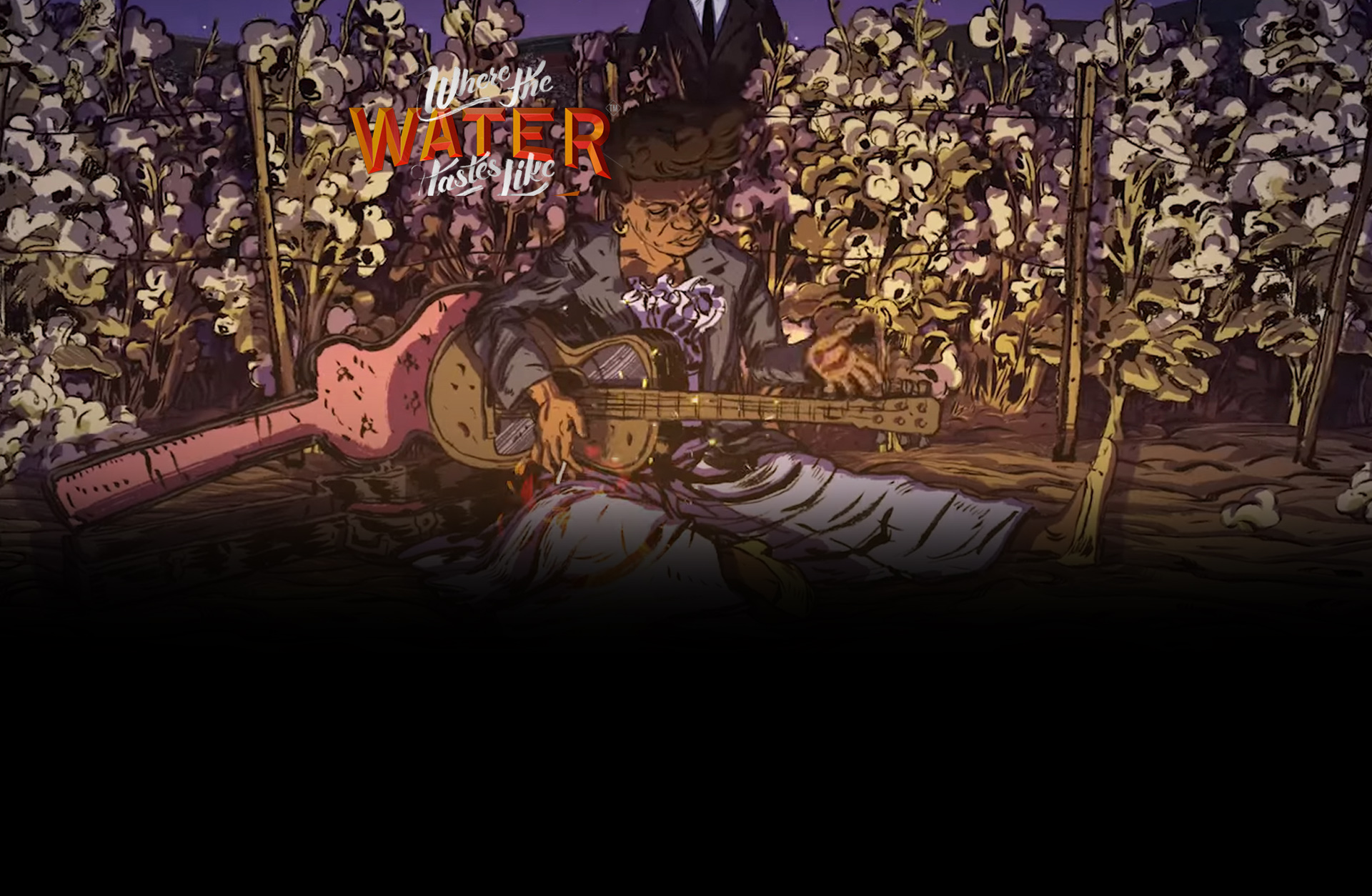

In striving for that, WTWTLW is a graphic novel I'd wish to own. Who cooked the feast for the victors? Every ten years a great man. Some of those stories are beautiful, and they're all important-as reminders, at least, of the stories we should seek out to understand history, to answer Bertolt Brecht's questions (opens in new tab): "Every page a victory.

Keythe Farley's narration is also impeccably commanding, and the individual characters' voice acting is superb, but I usually just wanted to get on with it, as they tell their stories so slowly. The soundtrack on its own is fantastic, too, though after hours of exploring it fades into the background, just white noise, dampened by my constant whistling. The illustrations have been attacked by hard strokes of black coal as violent as the characters' lives-no complaints. It's a rare game that slows down the more of it you complete. And once a swath of map has been cleared of encounters, all that's left to do is chase down the campers, slowly treading territory you've already seen to find their next campsite-occasionally contending with bugs, such as when I took Route 66 west and it deposited me in Kansas. When the map's wheat fields and colorful clouds align just so, it has a mean handsomeness, but it also ran terribly for me, stuttering often, with visible, jagged seams wearing on my eyes. WTWTLW's non-written world is special in ways, but not so special that I wasn't tired of it by hour five, and absolutely done with it by hour eight, at which point I had three more hours to go. They instead suggest to me a native magic at work beneath it all.Īnd as I've lamented, it's way too damn long. It's a valuable overview, though it's muddled by its confusing attention to the supernatural-which isn't to say the supernatural stories are bad, just incongruous, as they don't serve to undermine America's founding myths, which is what I'd expect. The stories are honest and biting reminders of the cruelty of America's past and present.


It's not exactly 'magical realism,' a particular genre developed in Latin America, but a condensing of collective history and literature into mythological individuals to create 'American Gods'-as in the Neil Gaiman novel, except gods of the exploited and oppressed. Du Bois, Langston Hughes, Lucy Parsons, Jack Kerouac, and Allen Ginsberg. Their role in history still takes precedent, though, and what emerges is an overview of experiences, in which representatives of the Reconstruction, World War I, Jim Crow, indigenous struggles, labor struggles, and the Summer of Love appear in one-person plays to explain how they fit in, drawing from, among many others, Mark Twain, John Steinbeck, Dee Brown, W.E.B. Repeated aphorisms can also suppress characterization at times, but stick with them and their stories and personalities shine-especially The Beat Poet (Matthew S Burns), The Sharecropper (Gita Jackson), and The One Who Went Upward (Demian DinéYazhi'). A dustbowl refugee camping outside of LA, for instance, tells me that "the first thing the big owners did was shove the tenant farmers off their land with tractors," plainly recounting a historical detail. These characters, which were each written by a different author, often feel general rather than specific at first. Fully open it (which becomes rote once you have enough stories and know roughly how they're taken) and the next time you run into them a state or so away, they'll have new responses, eventually over the course of several encounters admitting their truths. Tell them the kinds of stories they want to hear-which is sometimes obvious, sometimes an annoying crap shoot, especially when it comes to 'funny' stories-and their 'eye' will open. As you warm by the fire, they'll ask you to tell them certain types of tales (tragic, scary, exciting, hopeful, funny) that you can pull from your collection of encounters, and after you do so they'll tell you something about themselves related to its themes. Those more substantial stories, about farmers, coal miners, hippies, preachers, and grifters, come from fellow travellers you'll meet and camp with along the way.


 0 kommentar(er)
0 kommentar(er)
